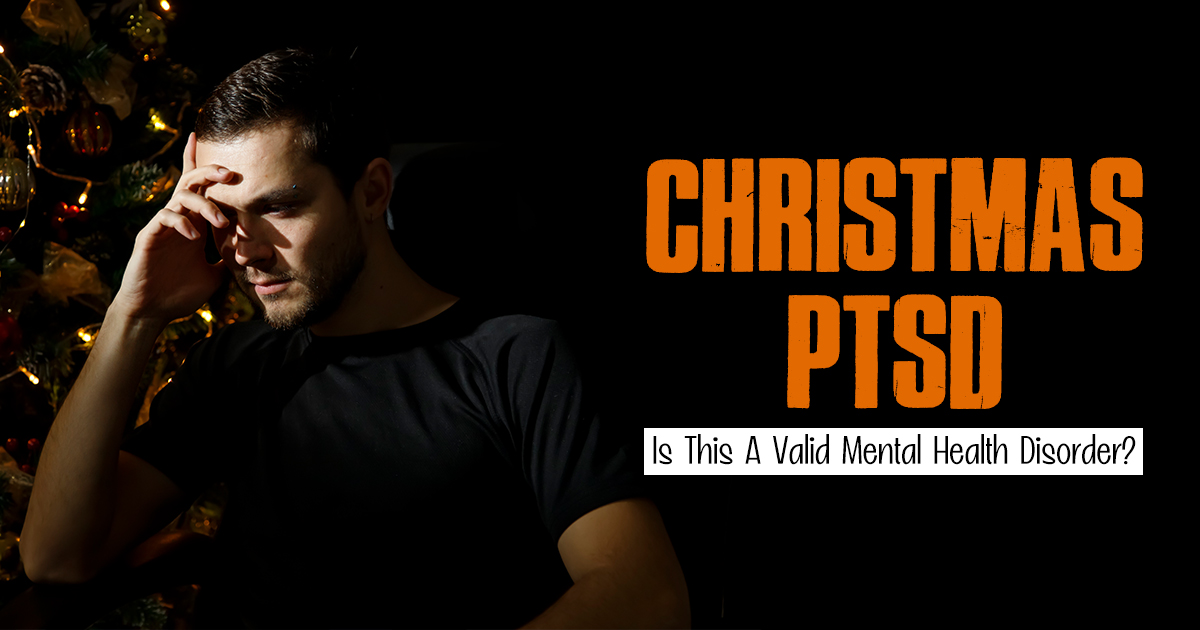The Christmas season is typically marked with twinkling lights, festive decorations, and the happy melodies of holiday carols. Nevertheless, for some people, the anticipation of Christmas has important emotional implications different from the usual holiday stress. The term Christmas post-traumatic stress disorder (PTSD) has been used to explain this negative emotional impact and how it affects our mental health and our ability to enjoy the holiday season.
Christmas PTSD: Is This A Valid Mental Health Disorder ?
People may raise their eyebrows over the idea of Christmas PTSD and question if it even exists or whether it is a valid mental health condition. Although it has not been officially recognized by the American Psychiatric Association (APA) in the Diagnostic and Statistical Manual of Mental Disorders (DSM-5), many clinicians have witnessed its manifestation during the festive season.
The term “Christmas PTSD” refers to emotional wounds that are left behind after undergoing traumatic events related to Christmas. This may reflect conflicts within families, grief or loss in general, financial problems, or other stressors. The issue of whether this is a real mental health problem brings out significant truths about how trauma, seasons, and societal expectations in celebrations affect people’s minds towards and during this festive period.
Christmas PTSD, Holiday Trauma, And Mental Health
We must first understand the broader concept of holiday trauma in order to grasp what Christmas PTSD means. Christmas, as a time for being together with family and celebrating joyously, can make matters worse or even bring up some old wounds. For some, attending family reunions brings back bad memories or unresolved issues that cause increased anxiety and emotional distress. Furthermore, social pressure to have an idealized perfect holiday can make people feel even more inadequate and alone and add to any existing mental health difficulties.
Such holiday trauma includes Christmas PTSD–which calls for a more sophisticated understanding of how personal experiences and cultural demands intersect in shaping mental health outcomes. These traumas go beyond the holidays; they have lasting effects within individuals—even after taking down decorations and turning off festive music. By examining these dynamics, we can gain insight into how complex mental health can be during a festive time when community expectations often collide with individual realities.
Recognizing The Signs Of Christmas PTSD
Identifying Christmas PTSD requires a keen awareness of the signs and symptoms that distinguish it from the general stress associated with the holiday season. The common signs of Christmas PTSD may include:
- Heightened anxiety
- Intrusive thoughts related to past traumatic events
- A reluctance to engage in Christmas-related activities
- A sense of dread and emotional turmoil in the anticipation of the holidays
- Isolation and withdrawal from social events
- Disrupted daily routine, characterized by poor sleep and eating habits
- Increased irritability, attention issues, and memory lapses
Addressing Christmas PTSD
A comprehensive approach to Christmas PTSD involves self-awareness, support systems, and professional assistance. It is important for people to acknowledge the validity of their emotions and experiences. Individuals should understand that the challenges they face during the festive season are real and should be taken seriously. Friends, family members, or mental health professionals can offer support systems through which one can express themselves about Christmas PTSD.
Realistic expectations about Christmas are also vital in dealing with this condition. Rather than succumbing to societal pressures of having a perfect holiday season, people need to embrace their own authentic selves to reduce the stress associated with holidays. This may mean saying “no” whenever necessary, having open conversations with loved ones about what they want during this time, or even putting themselves first sometimes.
Additionally, professional mental health interventions like therapy and counseling can help address deep-rooted issues related to Christmas PTSD. Other therapeutic approaches like cognitive-behavioral therapy (CBT) or eye movement desensitization reprocessing (EMDR) might assist individuals who have experienced trauma during previous celebrations.
By providing a safe place where people can explore their feelings as well as gain insights and develop coping mechanisms, we can effectively address Christmas PTSD. We can also contribute to a more inclusive and empathetic understanding of mental health during the festive season.




























